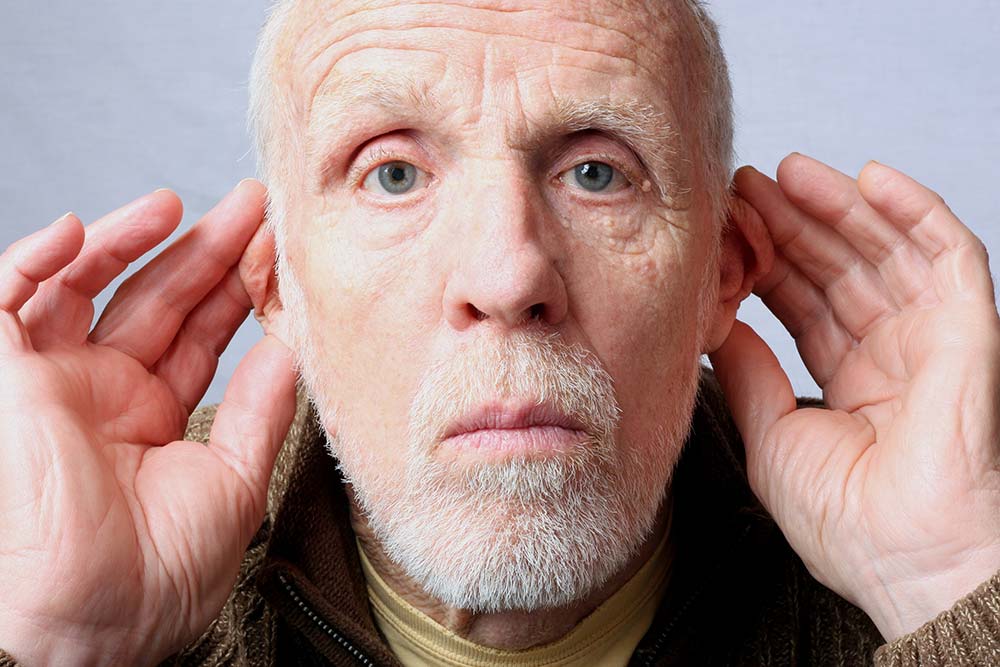Being a parent entails having a protective instinct and a selfless love for your child. To be responsible for another person is never simple, especially when that person is one of our own children. We would wish to protect our children from any physical or emotional ailment that would impede their development on the physical, intellectual, emotional, and spiritual levels.
Any medical condition they have can be terrible for the parent, but after the first shock of receiving a diagnosis, you should be able to come up with a treatment plan that will offer your child the best opportunity possible of making a full recovery or living a normal life despite their illness.
That ought to be the case for any illness, including, in this instance, hearing loss in children. To do what’s best for the child and possibly reverse the condition before it’s too late, the parent should be able to consider seeking the advice of a medical expert.
Hearing loss can occur when any component of the ear is not functioning normally. The auditory system, hearing (acoustic) nerve, middle ear, inner ear, and outer ear are all included in this.
The ability of a kid to develop speech, language, and social skills might be hampered by hearing loss. The sooner kids with hearing loss receive treatment, the more likely they will develop to their full potential. As soon as you suspect a child may have hearing loss, request a hearing test from the child’s doctor immediately.
What are the common causes of hearing loss in children?
The following are some factors that may make a child more likely to develop hearing loss:
1) A genetic cause
Genetic factors account for about one in two incidences of hearing loss in infants. There may be a family member and relatives who also have hearing loss in some infants whose hearing loss is inherited.
One in three infants with hereditary hearing loss has a “syndrome,” which means they also have additional diseases like Down syndrome or Usher syndrome in addition to their hearing loss.
2) Maternal infections
Babies that have hearing loss in 1 out of every 4 cases do so because of maternal illnesses during pregnancy, head trauma, and complications after birth.
For instance, the baby has:
- Been exposed to an infection before birth
- Spent five days or longer in a neonatal intensive care unit (NICU) at a hospital, or experienced difficulties there
- Bad jaundice that necessitated a particular procedure, such as a blood transfusion.
- A head, face, or ears that are unusually shaped
- Suffered from an illness, such as a neurological disorder, which could be related to hearing loss.
- Had meningitis, an infection that affects the area around the brain and spinal cord
- Suffered a severe head injury that necessitated hospitalization
3) Causes unknown
It is uncertain what causes hearing loss in 1 in 4 newborns.
A hearing test should be performed on all newborns no later than one month of age. Most infants are tested for hearing while still in the hospital. It’s crucial to get a comprehensive hearing test done as soon as possible, but no later than three months of age if a newborn does not pass the initial hearing screening.
A hearing test can determine whether a child has a hearing impairment. Hearing tests are simple and painless. It only takes a few minutes most of the time, and infants frequently are asleep during screening.
Before starting school or if there is a worry about the child’s hearing, children should have their hearing tested. If a child fails the hearing screening, they should undergo a complete hearing evaluation as soon as possible.
Hearing Loss Prevention
Some measures or precautions can be taken to help prevent hearing loss in children. Here are some tips for parents to follow:
- Maintain a sound pregnancy
- Ensure that your child has all the recommended childhood vaccinations
- Keep your child away from loud toys and other sources of noise like very loud music
Treatments and Intervention Services
No one person, family, or situation responds to a particular treatment or intervention. A good treatment plan will involve frequent monitoring, check-ins, and any adjustments that may be required as you go.
For kids with hearing loss and their families, there are numerous possibilities for communication.
Some of these choices consist of:
- Acquiring new communication skills, like sign language
- Communication-enhancing technology, such as cochlear implants and hearing aids
- Treatment of various types of hearing loss with medicine and surgery
- Support services for families
If you are a parent and you suspect your child has hearing loss, trust your instincts and speak with your child’s doctor about treatment and intervention services.
For additional information on other prevention tips, reducing noise-induced hearing loss, and other pertinent information, you may check hearing loss clinical trials in your area.

